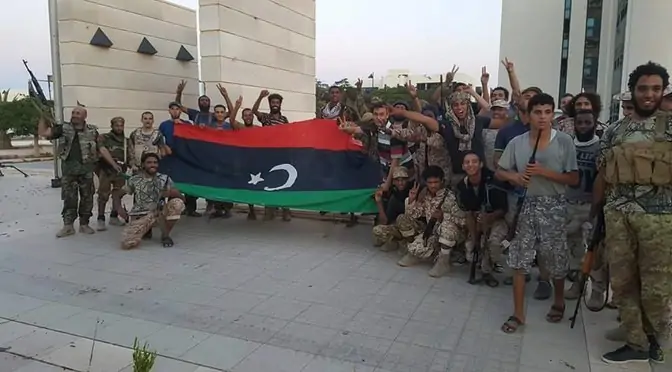On 24 June 2016 morning, the U.K. announced the results of the referendum on the Brexit: 51.9% of the population voted to leave the EU against 48.1% wanting to remain, while the turnout reached 72,2% (BBC Referendum Results). This vote triggered among the media, financial and European political elite a “shock”, consternation, and a host of predictions of impending doom, while markets plunged worldwide (BBC News, “Brexit: What the world’s papers say“, 24 June 2016). It also set off a series of events and dynamics still unfolding nowadays with far-ranging consequences, globally, for the future.We shall use this real life case to further enhance our understanding of the way businesses and the corporate world relate to and especially anticipate or rather …
Continue reading “Lessons from and for the Brexit – Geopolitics, Uncertainties, and Business (2)”
The remaining part of this article is for our members and those who purchased special access plans. Make sure you get real analysis and not opinion, or, worse, fake news. Log in and access this article.











